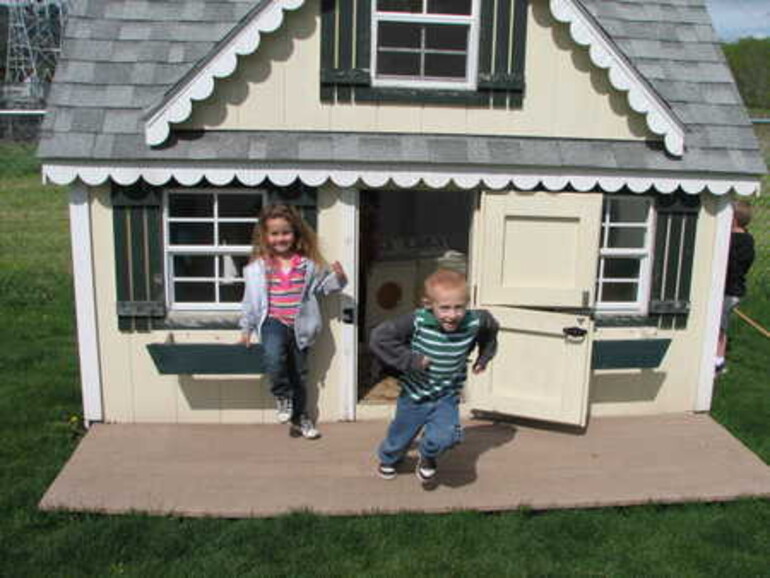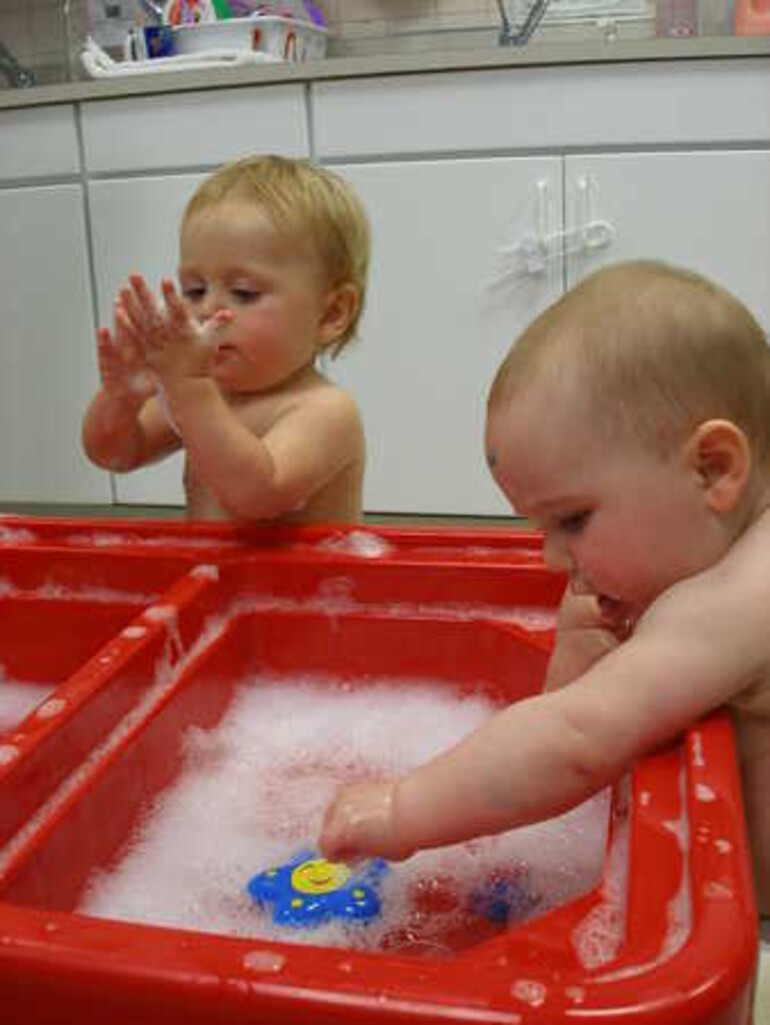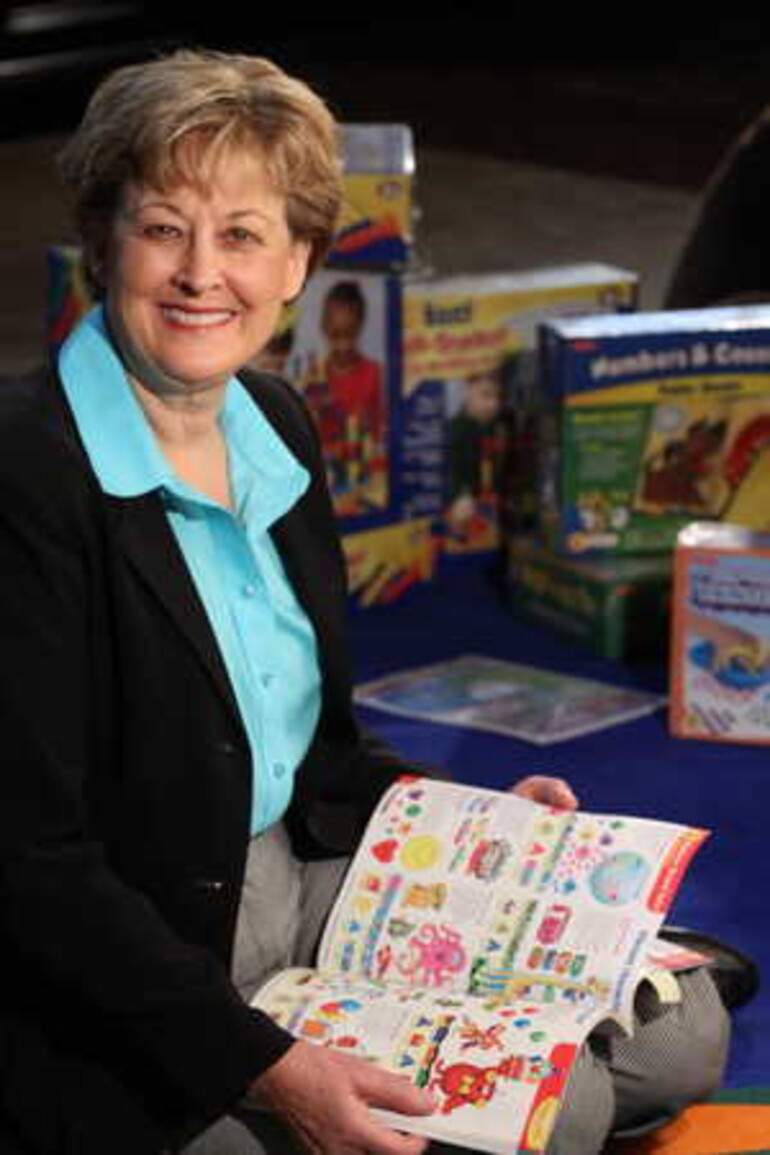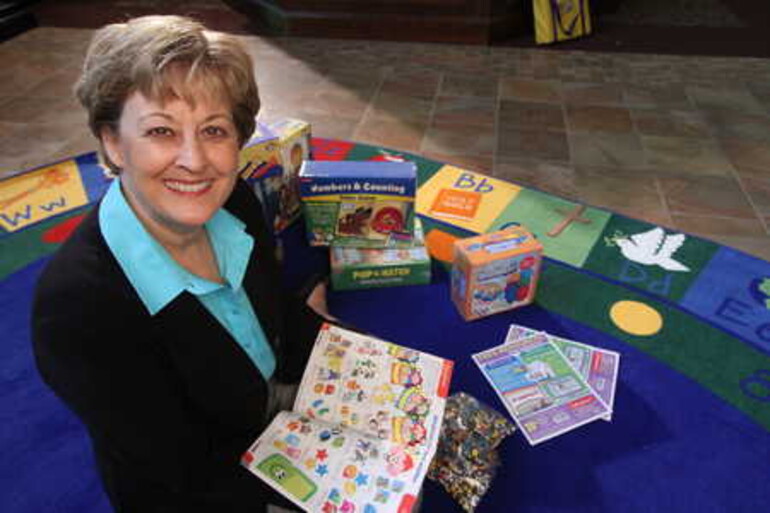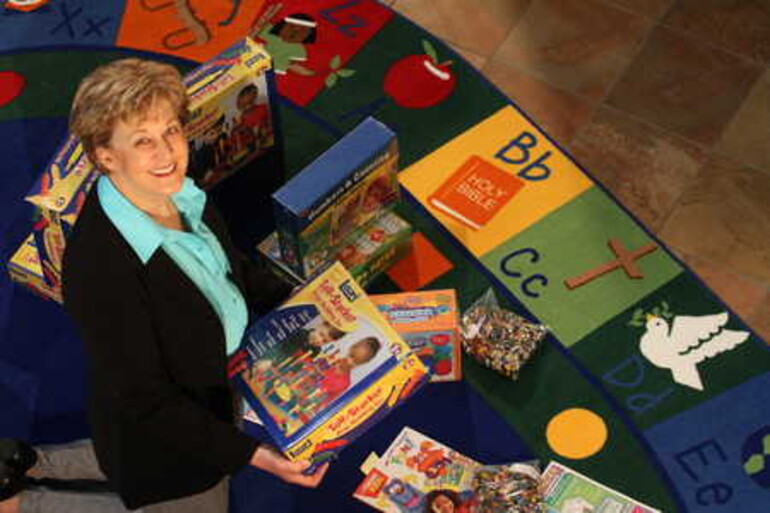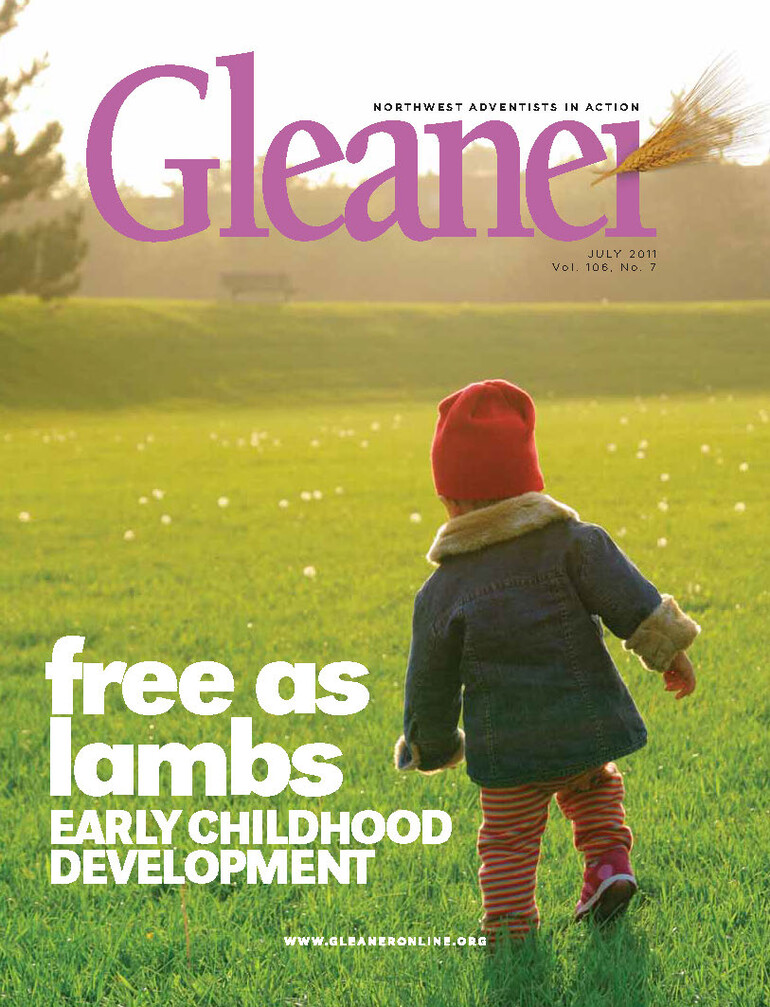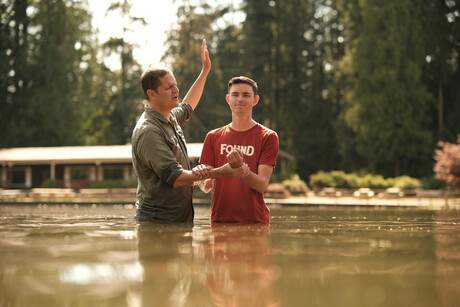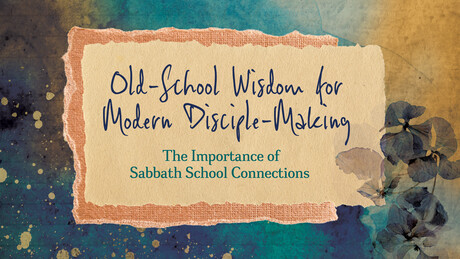EDITORS' NOTE: Historically societies are often defined by the way they treat their young and how they look after the old. In animal communities the largest, toughest mammals form protective circles about their weakest members. As Adventist Christians, we have long supported traditional parenting roles within a home context. However, estimates show over half of U.S. children are receiving care from someone other than their parents. Does our traditional stance mean we should remain inactive in spite of clear social needs? Cindy Chamberlin, GLEANER managing editor, recently interviewed Sue Patzer, North Pacific Union Conference Early Childhood Education coordinator. Here are several of her responses:
GLEANER: So we've gone down that road. First it was the mother as the primary teacher. Then we moved education largely out of the homes and into formal classrooms. Once there, we decided our grades 1–12 Adventist education was tops; then we brought in kindergarten programs. Now, we've opened up the door both hinges — to child care and preschools. Have we sold out?
Sue Patzer: We as a church have long understood the ideal nurturing and educational environment for young children is found at home. We've been counseled it is the God-given responsibility of parents and families to provide the earliest years of training and education within the home. Taking this wisdom to heart, there has been some opposition to providing early childhood centers for young children. After all, godly counsel emphasizes allowing the children to be free as lambs and in the primary care of their mothers. So why are centers for young children under school age being run by our churches and schools? The answer is simple: In a growing number of families, for one reason or another, MOMMY IS NO LONGER AT HOME. So it is no longer argued that quality child care is an urgent need in today's society.
G: Fifty years ago, families had one car, one television (maybe) and one phone. Now we have three-car garages, plasma TVs, iPods, multiple phone plans, gym memberships, boats — even children's playhouses are 1,000 square feet. What used to be pure luxury is now "necessary." Don't you think these scenarios play into this need?
P: Much has changed in 50 years, our wants, needs, desires. In a growing majority of 21st century two-parent families, both parents are working outside the home. This is coupled with the rapidly changing structure of the family (i.e. many broken, single- parent, and surrogate-parent homes); it becomes vitally necessary for parents to find assistance in giving their preschool children the best care possible.
G: This is the state of the children... our best natural resource?
P: Yes, and divine counsel and scientific-based research both tell us that early childhood is the most important period of life for development and character formation. The church has been advised and strongly encouraged to provide for the training of younger children where parents work out of the home and/or find themselves lacking in parental skills. Testimonies, Vol. 6, p. 202-3 advises us, "...Then let the church carry a burden for the lambs of the flock. Let the children be educated and trained to do service for God, for they are the Lord's heritage. "In following Christ's directive to, "Suffer the little children to come unto Me and forbid them not..." we can best serve these young ones and their families by ministering to their needs in offering quality Christ-centered nurturing programs consistent with the principles of the Seventh-day Adventist church.
G: Bible council is largely for parental care. Are you saying we have no choice as a church but to get on the bandwagon regarding child care?
P: No, but I am saying the bandwagon is leaving with our without us. When Ellen White was challenged concerning statements she had made regarding ideal school entrance age, she responded: "Circumstances alter conditions: Circumstances change the relation of things," (Sanitarium Church School Board Minutes, January 14, 1904). Sadly, we are living in a time of changing circumstances. Child care is now recognized as an essential thread in the social fabric of our society. Most families need and will continue to use some form of child care to help them raise their children.
G: The late Fred Rogers, from television's Mr. Rogers‘ Neighborhood said: A child will make it in life if he/she has just one good, safe, consistent lap to sit upon. Are you saying the church can be that "lap?"
P: Yes, I believe as a church organization, we are uniquely positioned to look at early childhood education as the ministry it is: an outreach to community families. We can usefully provide an Adventist faith-based environment for young children of the local congregation and as a feeder for the church and community children for further nurturing the Adventist school. Unfortunately, some churches and schools have had the disappointment of learning the hard way that child-care centers should not be viewed as money makers to support the school or another ministry. Like any other evangelistic thrust, doing early childhood education right — having a quality, Christ-centered program — costs money; it does not make much money. What is done for, with and in early childhood education must be done because God has commissioned us to "Go therefore, and teach," and to "let the little children come..." in the most Christ-like way possible and for the right reasons.
G: I think I hear you saying it must be done correctly and with much thought, prayer and preparation?
P: Precisely, the parent organization — the church or school — must be very clear about the mission for the child-care center. For this is an enormous and sacred responsibility. "Let suitable workers be constantly educating the children. Ask the blessing of the Lord on the seed sown, and the conviction of the Spirit of God will take hold of even the little ones. Through the children many parents will be reached," (Manuscript 52, 1900, Evangelism, p. 584).
G: Parents must weigh prayerfully their decision to raise offspring. There are a multitude of creative options, including flex-time, job sharing, juggling daytime and nighttime shifts, baby-to-work options, etc. There is no such thing as a working or non-working parent — a parent, by definition, is working. However, the parent in Proverbs 31 was working with heart and home as her anchor. If a parent needs to supplement his or her child's upbringing with child care, can you tell readers what components signal quality care?
P: "Free as lambs," does not mean wild as animals, lack of organization or lack of learning. Rather, it means, within the confines of good organization and subtle structure, whether through directed creativities, imagining and pretending, or times of listening, expressing, and experiencing, the children feel free.
What will set our centers apart from the ones down the road? Not only should one see by various displays that this is a Christ-centered place when one walks in the door, but also by the gentle and professional ways of the staff as they minister to the children and their families. One should hear it in their voices as they interact, and feel it in the warm and caring atmosphere.





